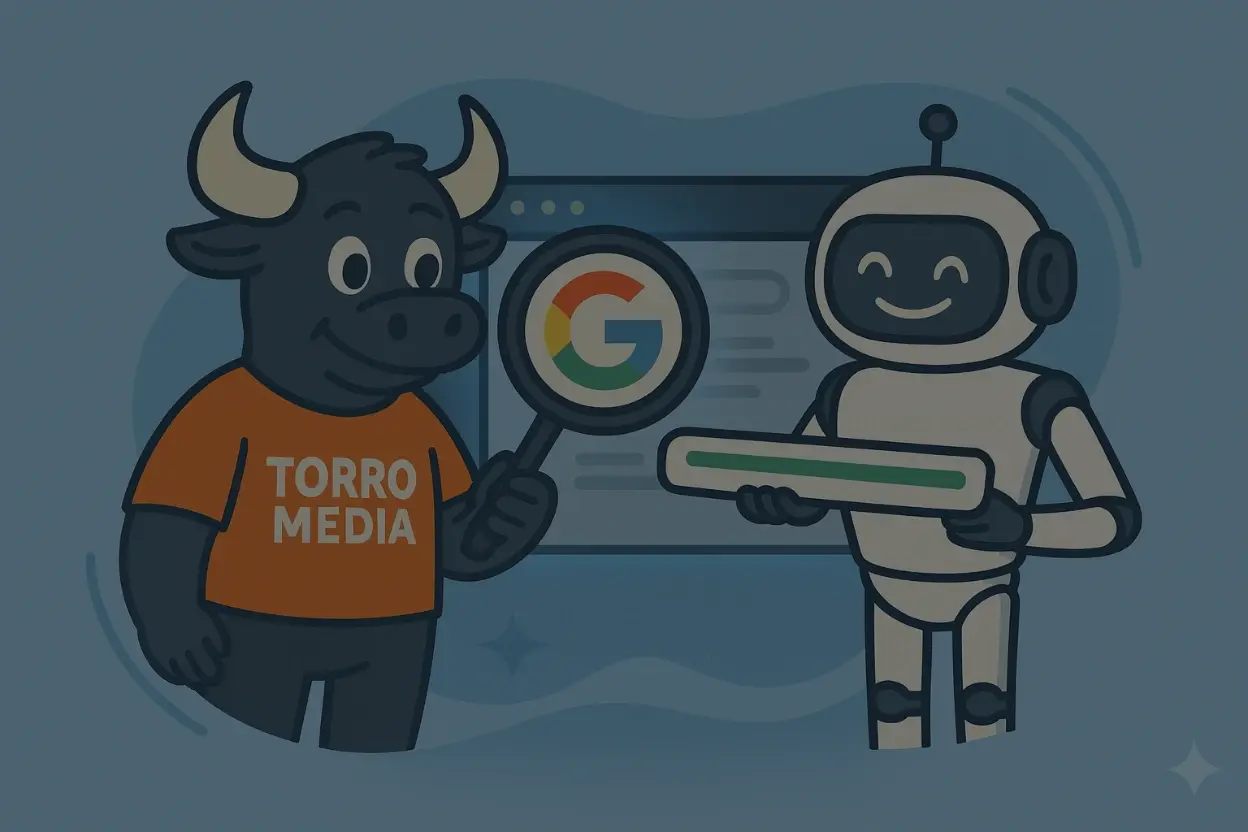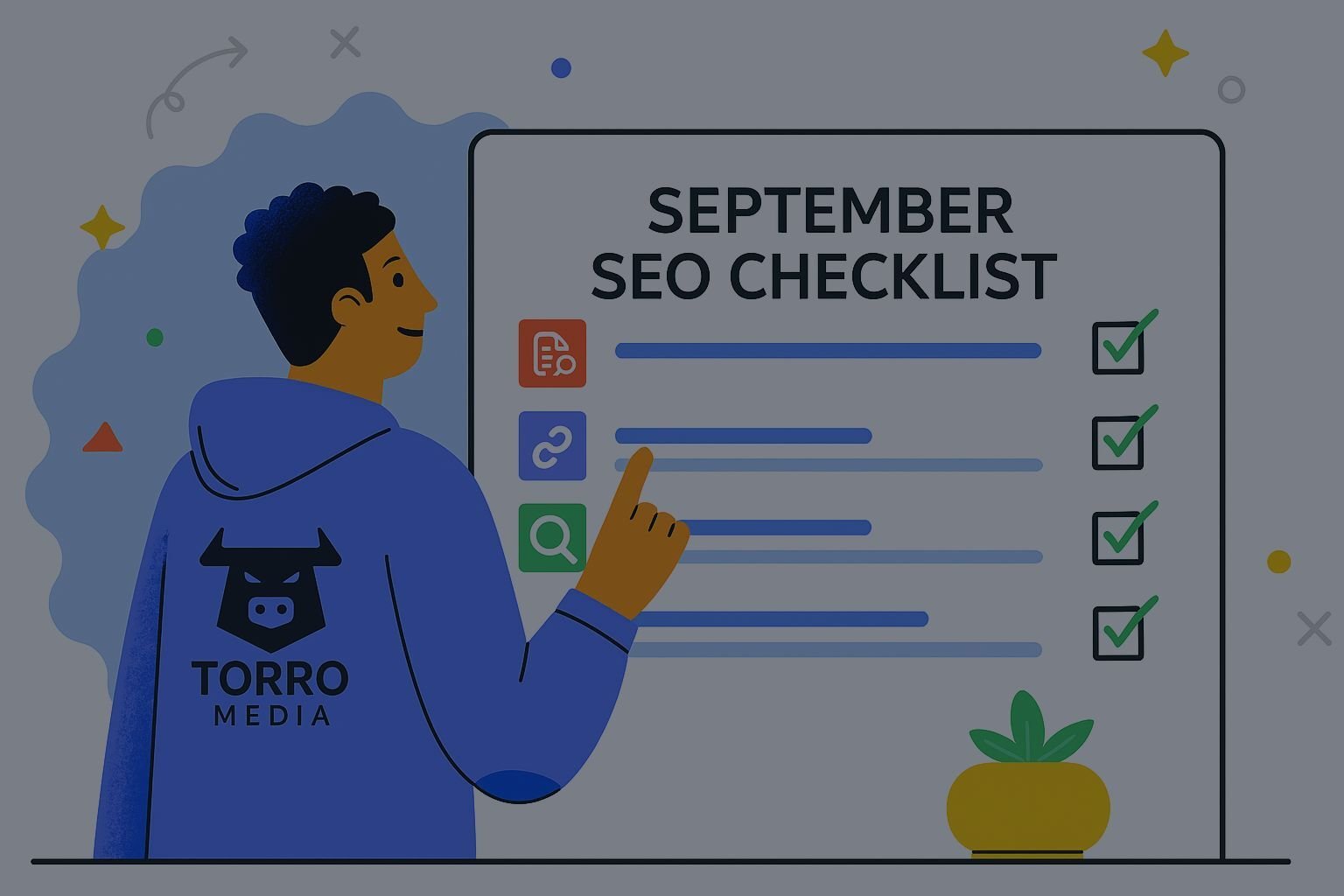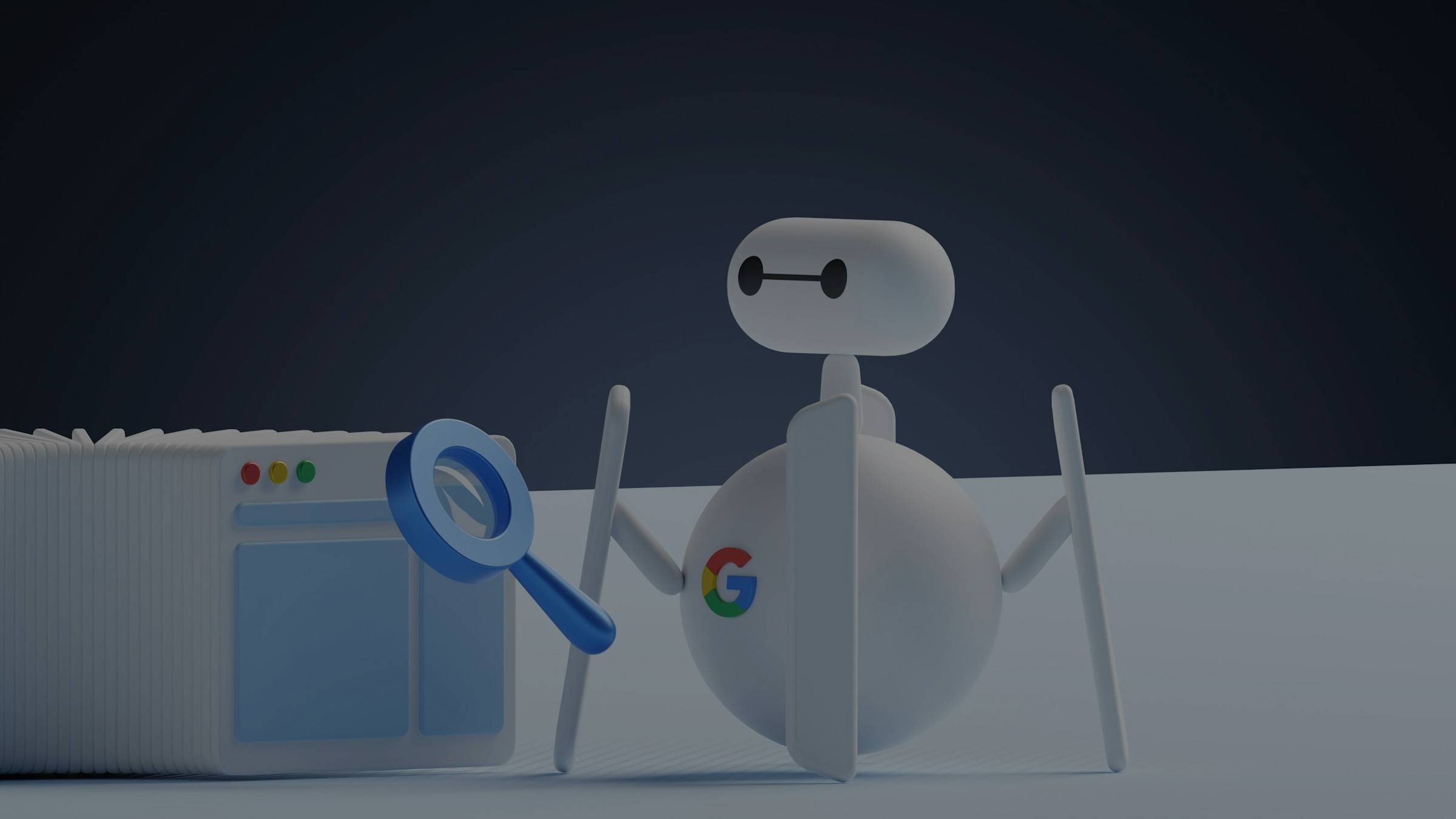AI Content Cannibalization – The Hidden SEO Threat of 2025
AI content cannibalization happens when artificial intelligence tools scrape and rewrite your content into slightly different versions that compete with your original pages. Unlike normal duplicate content caused by technical issues, this creates AI content dilution, where search engines may treat the AI-generated copy as equally relevant. The result is lower rankings, fewer clicks, and lost visibility for your site.
To protect against AI scraping SEO risks, focus on strengthening your authority and making your content harder to replicate. Use structured data, refresh pages often, and add unique first-party insights that AI can’t copy. Keep an eye on AI Overviews in search results and adjust your strategy so your site stays the trusted source. Taking these steps helps you defend your rankings and keep your SEO strong in the age of AI.
TLDR / Key Summary
- AI Content Cannibalization = When AI scrapes and rewrites your content into competing versions that dilute SEO signals.
- Impact = Lower rankings, fewer clicks, and lost visibility in search.
- Defense = Use structured data, refresh content often, and add unique first-party insights AI cannot replicate.
- Strategy = Monitor AI Overviews and adapt so your site remains the trusted source.
.webp?width=952&height=635&name=Ai%20content%20cannabilization%20(1).webp)
What is AI content cannibalization in SEO?
AI content cannibalization happens when your original article is recycled by AI. Scrapers feed your content into a model. The model outputs a rephrased version. The words differ, but the meaning is the same. Search engines treat these as new pages. Those pages compete with yours.
This is not the same as duplicate content. Duplicate filters are built to catch exact copies. AI content bypasses those filters. To Google, it looks like a new perspective. To you, it is a theft of authority.
How is AI content cannibalization different from duplicate content?
| Factor | Classic Duplicate Content | AI Content Cannibalization |
|---|---|---|
| Source | Copied word-for-word from your page | Rewritten or paraphrased by AI tools into new variations |
| Detection | Easy to spot with plagiarism filters or manual checks | Much harder to detect because wording is unique but semantically similar |
| Appearance | Looks like a direct copy or mirror site | Appears “original” to search engines and users even though it’s based on your work |
| SEO Impact | Usually suppressed in SERPs once flagged as duplicate | Dilutes topical authority, confuses search engines, and can outrank your original page |
| Remedy | File DMCA takedown or request removal | Much harder to act on, often requires strengthening your own content instead of removal |
Duplicate content has been a known SEO issue for years. It’s visible, trackable, and relatively straightforward to resolve through takedowns or canonicalization.
AI content cannibalization is more insidious. The rewritten versions don’t look like direct copies, so plagiarism checkers rarely flag them. To search engines, the AI-generated page can appear just as relevant as your original, which splits ranking signals and erodes your authority.
In practice, that means your site may quietly lose traffic and rankings without an obvious culprit. Unless you actively monitor search results and analyze semantic similarity, AI cannibalization is often invisible until the damage is already done.
Why does AI content cannibalization hurt rankings?
- SERP flooding
Search results fill with pages repeating your idea in new words. This makes your original less visible. - Topical confusion
Google cannot tell who holds the authority. The semantic weight is spread across copies. - Click leakage
Rewritten pages capture traffic. They look new to the user. They answer the query, but the source is not you. - AI Overviews erosion
Google AI Overviews use LLMs trained on recycled content. Your unique phrasing loses attribution. AI Overviews cite clones more than you.
Example of cannibalization:
Original: “Semrush is strong for audits. Ahrefs is strong for backlinks.”
AI output: “Ahrefs excels at link analysis. Semrush performs better for technical audits.”
The meaning is identical. Both are indexed. The copy may even outrank the source because of stronger domain authority.
How to detect AI content cannibalization
- Use semantic similarity tools. Embedding models and clustering can detect rephrased duplicates.
- Track your top pages in Google Search Console. Watch for sudden traffic drops without link loss.
- Read AI Overview results for your queries. If you see phrasing close to yours without citation, that is a signal.
- Set alerts for scraped RSS feeds. Many AI systems train from scraped syndication.

How to protect against AI content cannibalization
- Publish assets AI cannot spin
Data tables, survey results, original charts, calculators, tools. AI outputs generic text, not fresh data. - Coin original terms
If you introduce the phrase “AI content cannibalization” and use it consistently, copies echo it. This ties authority back to you. - Schema markup
Add FAQ, How To, and Article schema. Structured data guides Google on source authority. - Update your content often
Search engines reward freshness. AI copies tend to freeze after first publish. - Watermark your visuals and data
A small step to prove authorship in disputes.
Future outlook
Google is gradually developing semantic deduplication systems designed to recognize when content is meaningfully the same, even if it has been rewritten. The problem is speed: AI-generated content is multiplying far faster than Google’s filters are evolving. Until stronger detection systems go live, the most reliable defense remains publishing content that cannot be easily cloned. For a deeper dive into how businesses can adapt, see AI Optimization (AIO) strategies.
The winners will be publishers who own their niche through:
- Proprietary data and research
- Distinctive formats and frameworks
- Unique first-party insights and authority
The losers will be those relying on generic, text-only content with no defensible moat. As AI accelerates, originality, expertise, and brand authority will be the deciding factors that separate sites that grow from those that disappear.
Frequently Asked Questions
What is AI content cannibalization in SEO?
AI content cannibalization is when AI systems recycle your work into semantically unique variations. These variations compete with your original pages.
How is AI content cannibalization different from duplicate content?
Duplicate content is exact copy. AI content cannibalization is rephrased text. It passes plagiarism checks but still drains your authority.
How do you prevent AI content cannibalization?
Publish proprietary data, coin original terms, use structured markup, and keep your content updated.
How do you prevent AI scraping SEO issues?
You prevent it by publishing proprietary data, coining original terms, adding structured markup, and refreshing content often.
What is an infinite content loop SEO problem?
It is when AI generates endless variations of the same idea, creating competition for the original in search results.
Why does AI Overviews SEO strategy matter?
Because Google’s AI pulls phrasing into answers. Without preparation, your work feeds AI Overviews without attribution.



